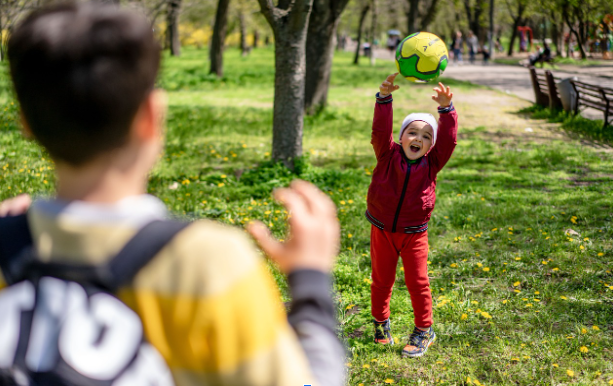The Evolution of Education: Strengthening the Bond Between Students and Teachers

In today’s rapidly changing educational landscape, the relationship between students and teachers has never been more crucial. As we navigate through 2025, the traditional dynamics of education continue to evolve, shaped by technological advancements, pedagogical innovations, and shifting societal needs. The quality of interaction between students and educators forms the foundation upon which effective learning is built, creating environments where knowledge transfer becomes more meaningful and impactful.
Research involving 387 participants has revealed significant correlations between teacher-student relationships and academic outcomes. When students feel supported by their teachers, they demonstrate enhanced motivation and higher academic engagement. This emotional connection creates a secure base from which students can explore, take risks, and develop their intellectual capabilities. Similarly, when teachers recognize the practical value of building these relationships, they witness increased persistence and better learning outcomes among their students.
The Financial Reality Reshaping Educational Approaches
The education sector currently faces unprecedented financial challenges. According to Deloitte’s analysis, institutions are experiencing severe financial headwinds, with approximately one college per week announcing closures or mergers. This financial strain has forced educational institutions to reevaluate their operational models and prioritize mission-aligned allocations.
Four out of fourteen Big Ten universities have reported significant operating deficits, highlighting the severity of the situation. This financial pressure has catalyzed a shift in how resources are allocated within educational institutions, with a growing emphasis on initiatives that directly support student learning and teacher effectiveness.
Technological Integration: A Double-Edged Sword
The EdTech market shows remarkable growth potential, projected to reach US$598.82 billion by 2032, with an annual growth rate exceeding 17%. Key technologies driving this growth include artificial intelligence, gamification, and virtual/augmented reality. These innovations offer unprecedented opportunities to enhance the learning experience, but they also present challenges in maintaining the human connection that lies at the heart of education.
As AI-adaptive learning tools become more prevalent, they enable personalized education delivery that can address individual student needs. However, the implementation of these technologies requires careful consideration to ensure they enhance rather than replace the vital relationship between students and teachers. The most successful educational models integrate technology as a tool that supports and amplifies human connection rather than diminishing it.
Emerging Pedagogical Approaches
The education sector is witnessing a transformation in teaching methodologies, with several key innovations reshaping how knowledge is imparted and received. Collaborative learning environments, where students work together on projects with guidance from mentors, have shown to enhance critical thinking and empathy. This approach fosters 21st-century skills, including digital literacy and creative thinking, preparing students for the demands of the modern workforce.
Cross-level student cooperation creates deeper learning experiences, allowing students to learn from peers at different stages of their educational journey. This collaborative approach mirrors real-world working environments, where teams often consist of individuals with varying levels of experience and expertise.
Building Stronger Connections in the Classroom
A systematic review of 45 empirical studies highlighted key elements for successful teacher-student relationships. These include creating a safe haven through emotional support provision, establishing a secure base by fostering autonomy, and implementing culturally responsive teaching practices that reduce the impact of discrimination.
When teachers provide emotional support, students demonstrate enhanced engagement with learning materials and activities. Similarly, when teachers foster autonomy by encouraging students to take ownership of their learning, improved achievement follows. These findings underscore the importance of intentional relationship-building in educational settings.
The research suggests several key areas for focus in educational development moving forward. Financial sustainability requires developing diverse funding streams, implementing efficient resource allocation, and creating strategic partnerships. Technology integration necessitates investment in AI-driven learning tools, implementation of hybrid learning models, and a focus on digital literacy.
As we look toward the future of education, the bond between students and teachers remains at the core of effective learning. By embracing innovative approaches while preserving this essential human connection, educational institutions can navigate the challenges of the modern landscape and continue to fulfill their mission of preparing students for success in an ever-changing world.



